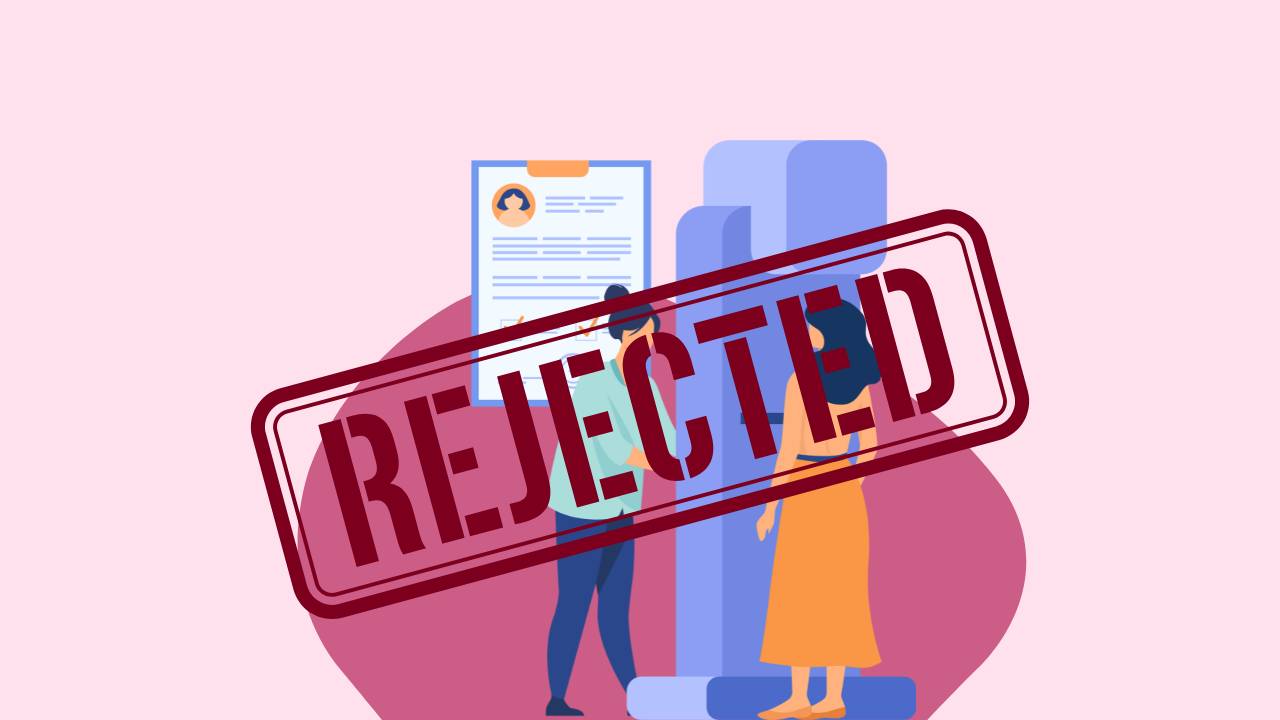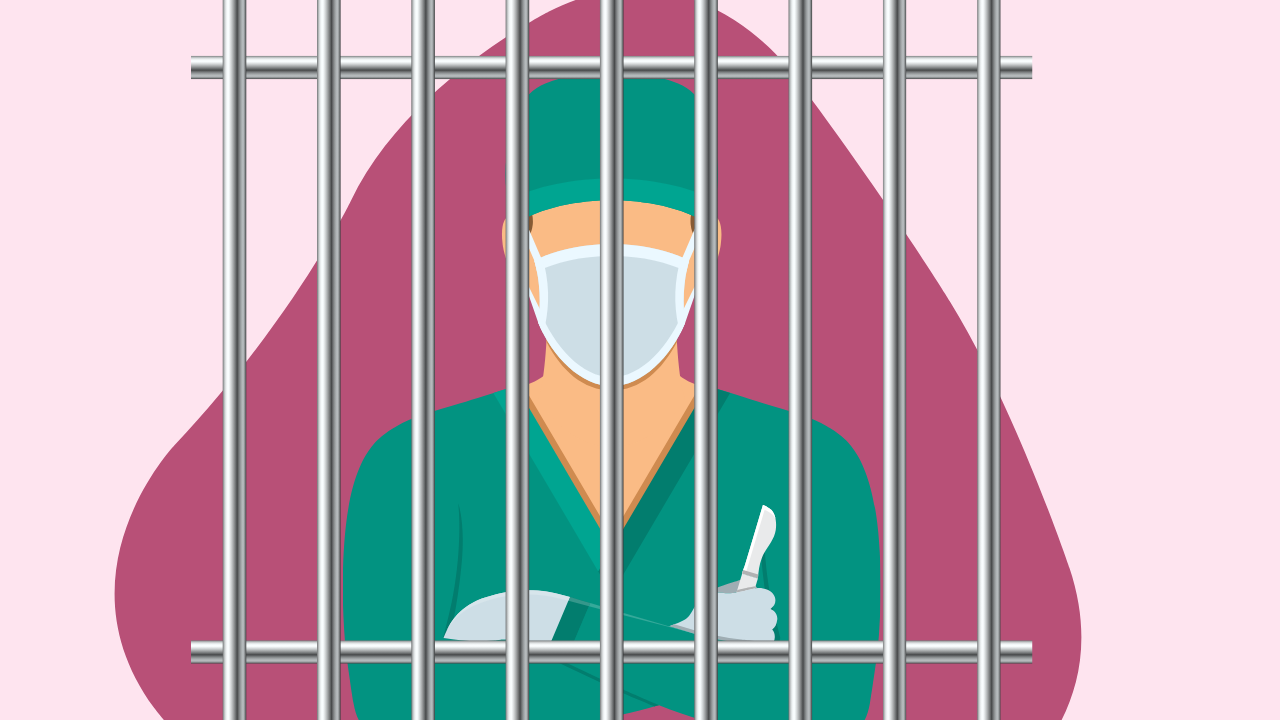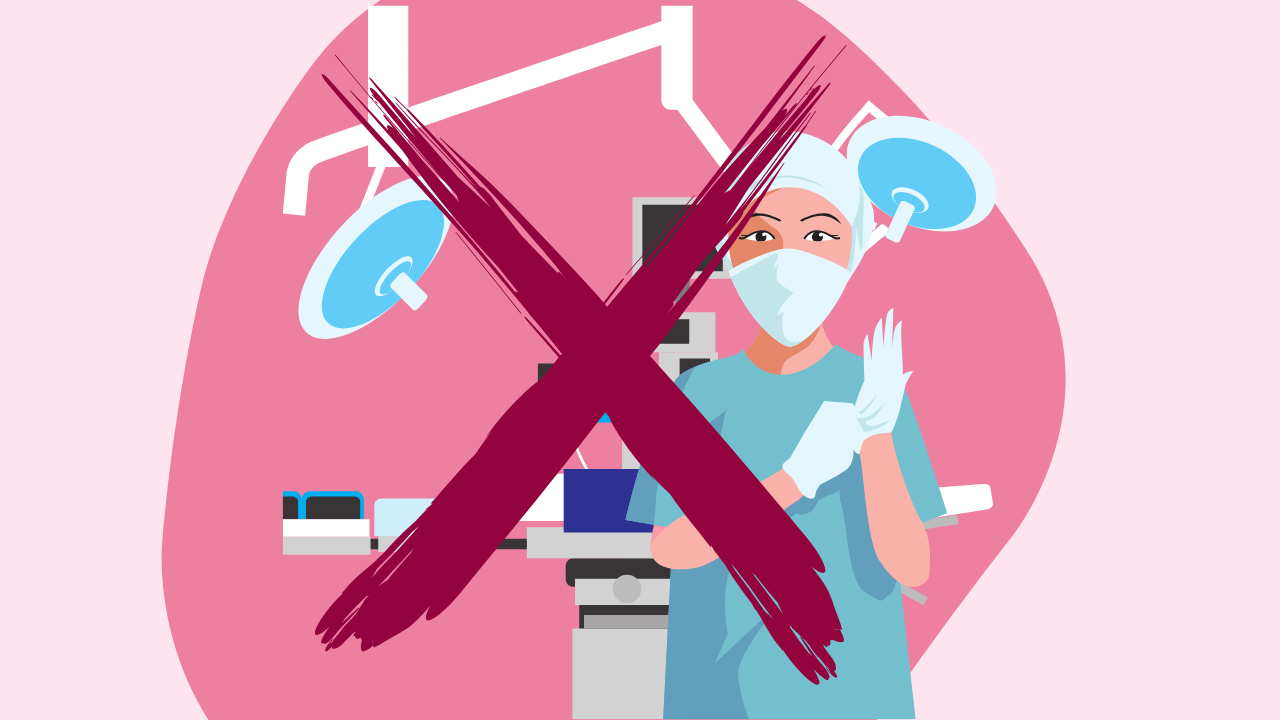Blue Cross Found Liable of Fraud Over Denied Breast Cancer Claims

A Louisiana jury recently awarded $421 million in damages to the Center for Restorative Breast Surgery and St. Charles Surgical Hospital in New Orleans after finding Blue Cross and Blue Shield of Louisiana liable for fraud.
According to a story by ProPublica, the case centered on a troubling pattern — the insurer would approve breast cancer surgeries, only to deny or drastically reduce payment after the procedures were done.
In the article, ProPublica reported that from 2015 to 2023, Blue Cross paid less than 9 percent of the charges submitted by the center for more than 7,800 procedures. Nearly 60 percent of those claims were not reimbursed at all. This was despite the fact that many surgeries had received prior authorization. The hospitals involved specialize in complex breast reconstruction following cancer, and many patients were left with massive surprise bills when insurance failed to cover the costs.
ProPublica also uncovered internal documents showing that Blue Cross placed the surgeons on a “targeted provider list.” This flagged their claims for additional scrutiny and often led to reduced or denied payments. They reported that Blue Cross had a policy allowing the company to keep a portion of the savings whenever it paid out-of-network providers less than what was billed — creating a built-in financial incentive to underpay.
One of the most striking details, according to ProPublica, was the selective nature of payment decisions. While thousands of patients had their claims denied, Blue Cross made special arrangements to pay in full when the procedures involved the spouses of its own executives — at the same surgical center it routinely shortchanged.
After an 18-year legal battle, the jury found Blue Cross guilty of fraud. The insurer is now appealing the verdict. Still, as ProPublica reported, the case raises serious concerns about the reliability of prior authorizations, the financial motivations driving reimbursement decisions and the broader impact on patients caught in the middle.




